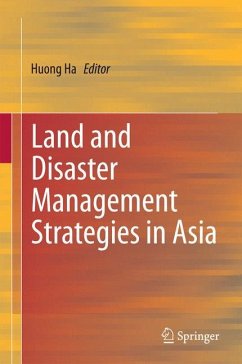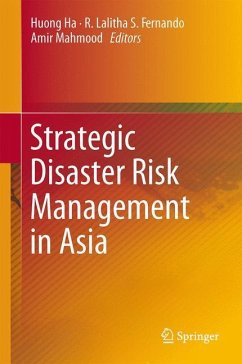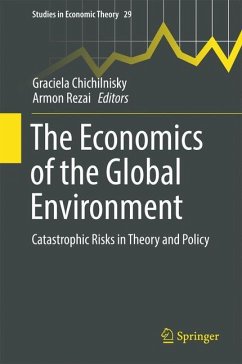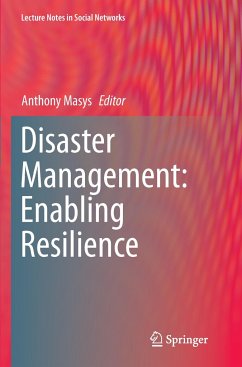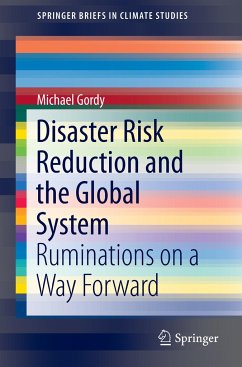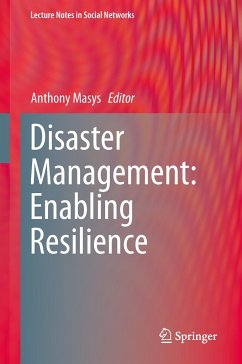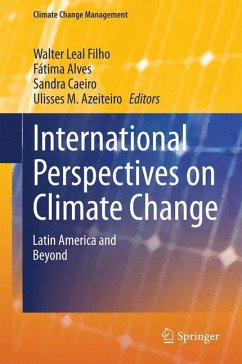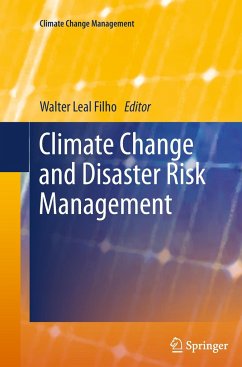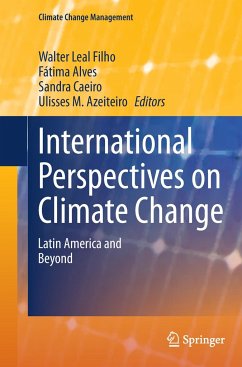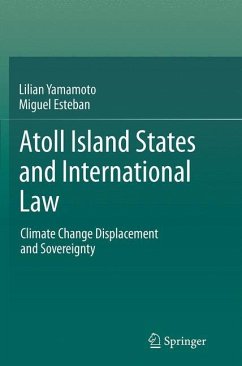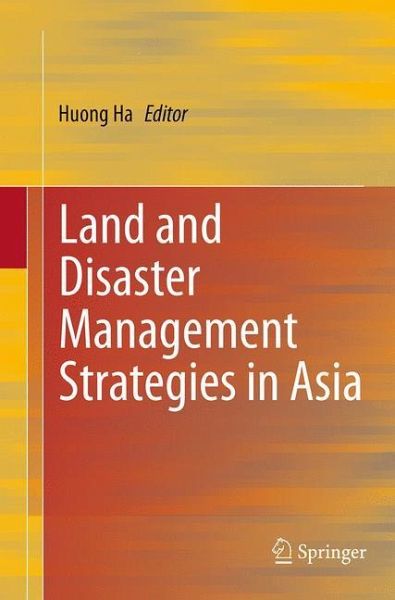
Land and Disaster Management Strategies in Asia
Versandkostenfrei!
Versandfertig in 6-10 Tagen
76,99 €
inkl. MwSt.

PAYBACK Punkte
38 °P sammeln!
This book focuses on land and disaster governance in Asian countries. The Asian region has become increasingly vulnerable to natural disasters, including floods, cyclones, storms, earthquakes, drought, typhoons and tsunamis. Further, as a result of unsustainable changes being made in patterns of land use, catchment and coastal zones, increasing population density, migration patterns, and the spread of consumer culture across countries, the impact of natural disasters has increased manifold. The book addresses two major concerns in this field. Firstly, it discusses topics intended to raise awar...
This book focuses on land and disaster governance in Asian countries. The Asian region has become increasingly vulnerable to natural disasters, including floods, cyclones, storms, earthquakes, drought, typhoons and tsunamis. Further, as a result of unsustainable changes being made in patterns of land use, catchment and coastal zones, increasing population density, migration patterns, and the spread of consumer culture across countries, the impact of natural disasters has increased manifold. The book addresses two major concerns in this field. Firstly, it discusses topics intended to raise awareness among all stakeholders of the critical aspects of disaster management in the context of Asia. Secondly, it calls upon policymakers, researchers, academics, practitioners, private enterprises and civil society organizations, as well as all those who have been, are and will be affected by natural disasters to search for innovative and novel approaches to reducing risk and managing disasters.





